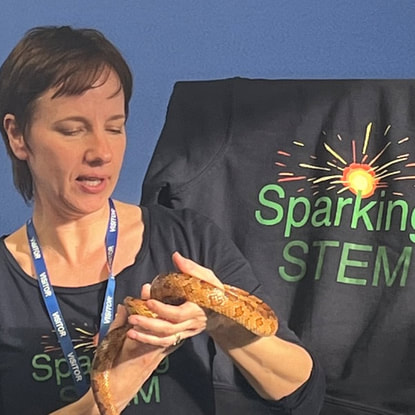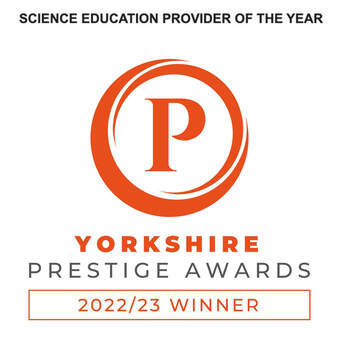Animal Explorations Workshops
Our Animal Explorations Workshop offers three exciting, unusual, hands-on activities designed to enrich the "Animals, including humans" and "Living things and their habitats" topics for FS2 to Year 6
Available in Sheffield, UK
Available in Sheffield, UK
Micro-life: Explore the micro-habitats of pond water, moss and soil. Students use microscopes, field lenses and magnifying glasses to delve into the tiny world of nematodes, springtails, freshwater shrimp, rotifers, pond snails.. and so much more!
Weird and wonderful invertebrates: From hissing cockroaches to giant millipedes, beetle larvae to giant land snails, a fluorescing scorpion to singing crickets!... Students are challenged to engage with an exciting range of wonderful animals in ways that will take their classroom learning to the next level!
Bones, teeth and skeletons: Does a tortoise have a skeleton? Is a snake a vertebrate? How does a jellyfish move and why is fish bone so very different to that of a fox? Crocodiles, frogs, fish, deer and badgers, to name a few of the amazing specimens the students will meet*. They'll be inspired to ask an answer questions they never thought to ask before!
*Some specimens are subject to availability. With kind thanks to the University of Sheffield Alfred Denny Museum.
*Some specimens are subject to availability. With kind thanks to the University of Sheffield Alfred Denny Museum.
"The fact the children could get so close to the animals and use equipment that they don’t always get to see in the classroom was brilliant. It was also great for them to have parts explained by an expert. "
Curriculum linked, differentiated activities for each year group:
- FS2: Observations of animals, linked to numeracy, same / different.
- Y1: Identify and name, describe and compare (fish, amphibians ,reptiles, birds and mammals). Carnivores, herbivores, omnivores.
- Y2: Habitats, microhabitats, food chains
- Y3: Skeletons (and exoskeletons) and muscles, support protection and movement.
- Y4: Classification, groups, environments can change. Teeth and their functions. Producers, predators and prey.
- Y5: Life cycles and life processes. How animals reproduce and grow.
- Y6: Classification, similarities and differences. Classify by observation of invertebrate and vertebrate groups. Animal and plant adaptations to environment. Adaptation leads to evolution.
"It has been amazing to hear how teachers of children from aged 4 to 11 all feel strongly that the sessions were superbly pitched for their children. "
|
Credentials
✅ Qualified Teacher Status (QTS: PGCE Science) ✅ Postgraduate level Science: MSc. ✅ Certified in "Autism Awareness in Education" ✅ Certified in "Working with children with disabilities and learning difficulties" ✅ Science Education Provider of the Year (Yorkshire Prestige Award winner 22/23) ✅ Enhanced DBS ✅ Safeguarding certified (Level 3 DSL) ✅ Paediatric first aid qualification (OFQAL certified Level 3) ✅ Over twelve years' experience teaching at exam level ✅ Experienced at teaching IGCSE (Edexcel and Cambridge), AQA & Edexcel. ✅ Diverse experience teaching children with Special Educational Needs ✅ Nine years of experience working in biological research ✅ Comprehensive public liability insurance |
"A fantastic workshop with plenty of hands-on experiences for all the children"
Rachel Herron (Year 2 teacher)
"Fun and informative session. The resources were great and the session was very well organised"
Julie Slate (Year 1 teacher)

















